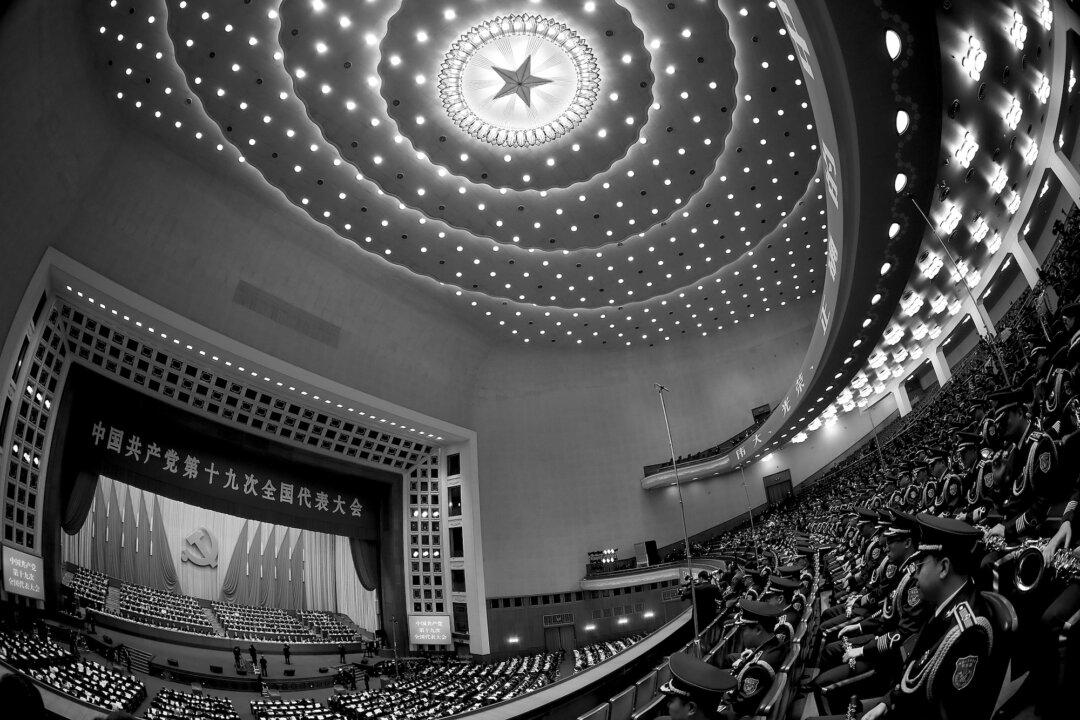At the conclusion of China’s 19th National Congress, the once-in-five-years Party reshuffle has emerged in current leader Xi Jinping’s favor.
Many of the 200-plus top officials who comprise the Central Committee were due to retire at this congress, as per established Chinese Communist Party (CCP) convention.





